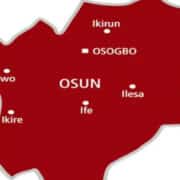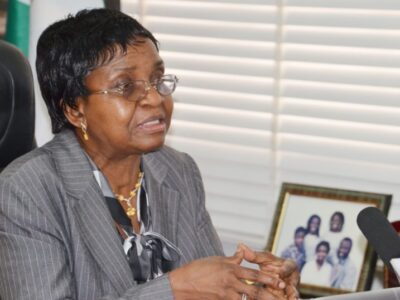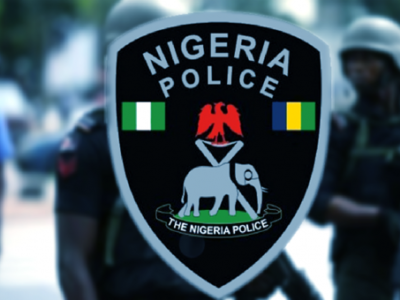Former President Olusegun Obasanjo has warned that Nigeria can only defeat the Boko Haram insurgency if leaders move past the familiar narratives surrounding the sect.
Speaking in Abuja at the public presentation of “Scars: Nigeria’s Journey and the Boko Haram Conundrum” by former Chief of Defence Staff, Gen. Lucky Irabor (retd.), Obasanjo recalled his 2011 visit to Maiduguri after the UN office bombing, where he met with insurgents.
“I found they were not really aiming for anything political or seriously religious, but seeking a better life,” he said, questioning why the crisis lingers after 15 years. He urged proactive strategies, warning that Boko Haram, banditry, and kidnapping have now become intertwined.
Catholic Bishop of Sokoto, Matthew Hassan Kukah, noted that the insurgency carries the scars of unaccounted-for victims like Leah Sharibu and the Chibok girls. He faulted the label “Boko Haram,” stressing that the group’s true identity, Jama’at Ahl al-Sunna li al-Da’wa wa al-Jihad, reflects a deeper ideological struggle. According to him, military force alone cannot win: “Insurgents fight to die while soldiers fight to live.”
Former National Security Adviser, Babagana Monguno, linked insecurity to defective governance and lack of cohesion, while the Sultan of Sokoto, Sa’ad Abubakar III, clarified that jihad means striving for excellence, not violence. He insisted the sect’s real grievance stems from bad governance, not rejection of education.
Across the discussions, speakers converged on one point: defeating Boko Haram demands new thinking, inclusive governance, and recognition of the complex ties between ideology, governance, and social justice.




















Comments